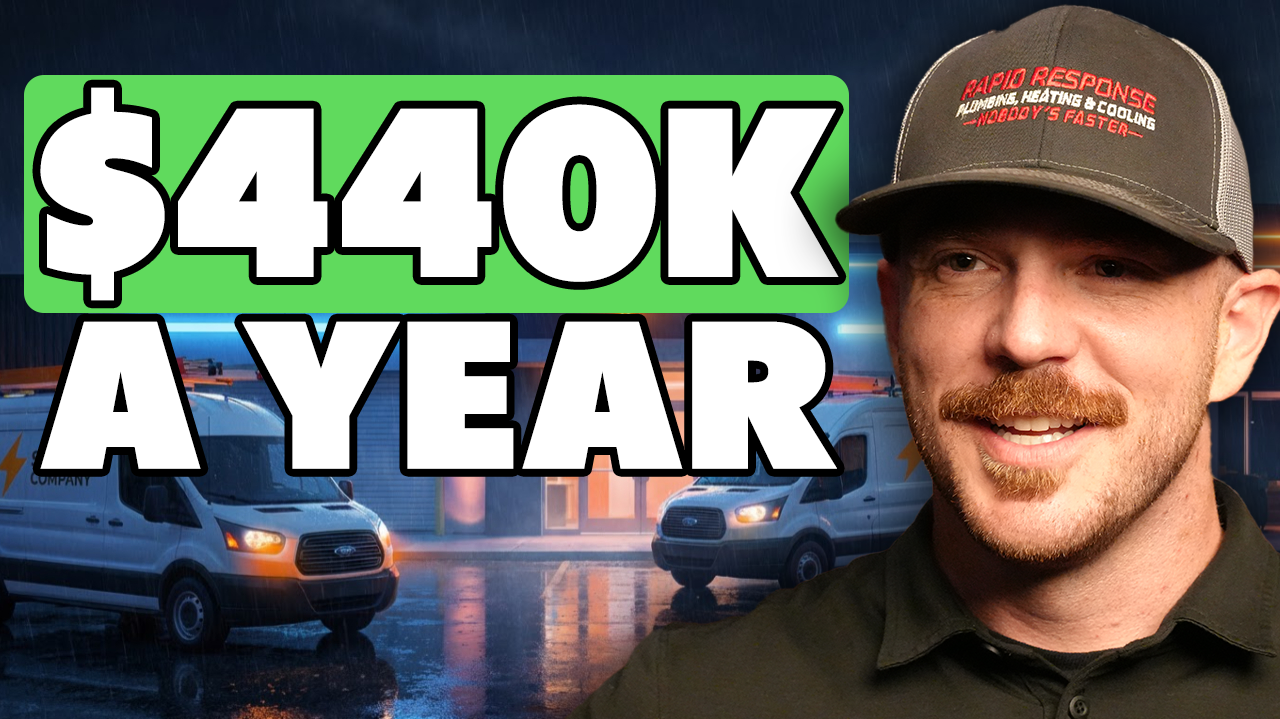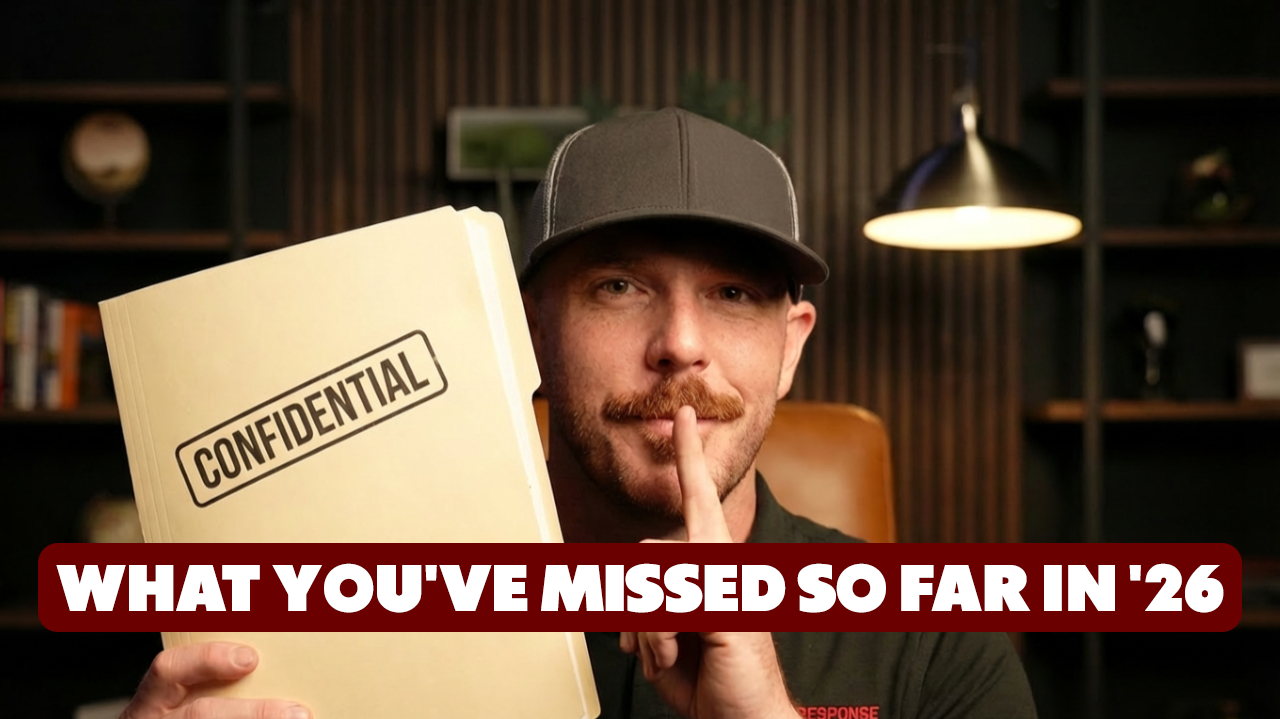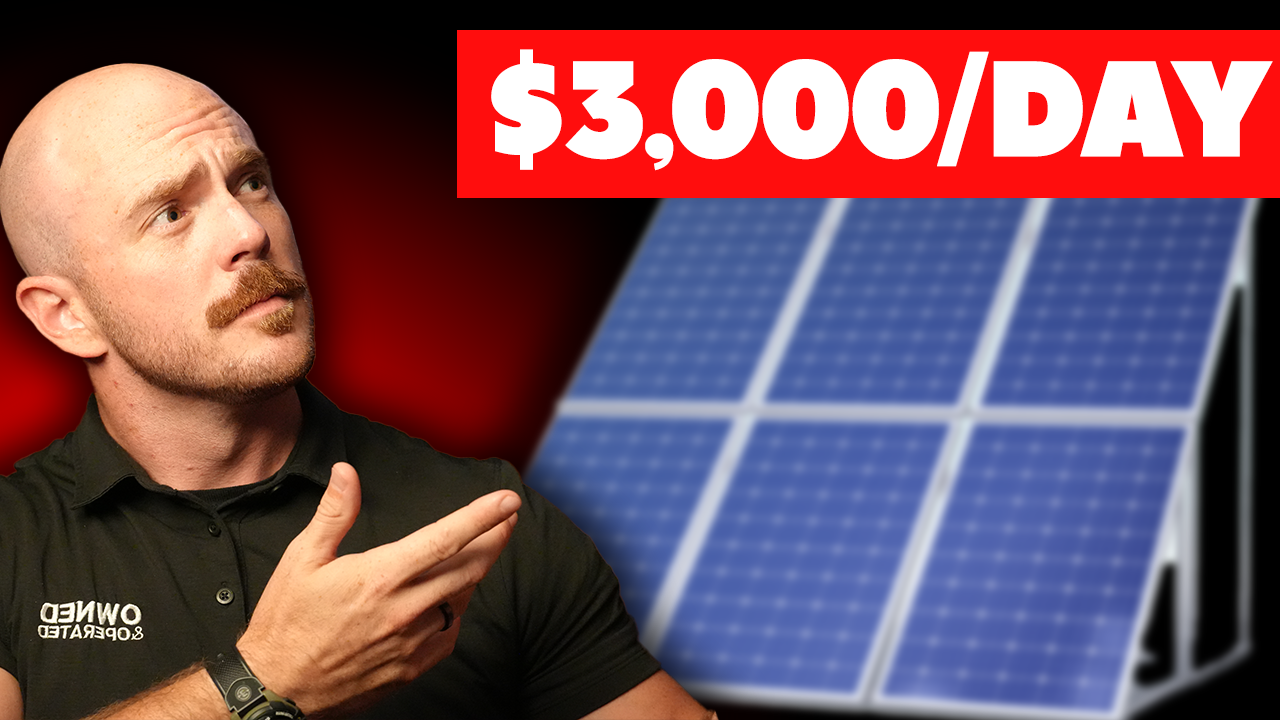Michael Crow has built and bought companies for three decades. He has the scars, the wins, and the receipts. His playbook isn’t flashy. It works because it’s boring on purpose.
It starts with discipline. It ends with compounding.
Where New Owners Slip
Ambition outruns attention. You buy a business, then chase a second and third before the first one runs without you. General managers churn. Travel spreads you thin. Results slip.
The fix is proximity and focus. Touch the work. Tighten the systems. Slow down until the machine runs without you.
What Actually Scales
Crow’s view is simple. Consistency beats clever.
- Pick a lane and let it compound for years.
- Build around service, repair, and replacement.
- Avoid construction-heavy mixes that spike risk and scare lenders.
- Keep books clean so profit shows up on tax returns, not in spreadsheets.
Thirty percent growth, year after year, takes you farther than a wild swing.
Buying That Makes Sense
He likes small tuck-ins at sane prices. Two to three times cash flow with terms. Plug them into a working system. Skip the auction deals at six to ten times because they look good on paper.
You win by paying the right price and integrating well, not by winning bid sheets.
People Over Resumes
Crow has hired stars on paper who could not execute. He now hunts for edge and horsepower.
- Self-motivated operators who solve small problems early.
- A few true A players, then a team that supports them.
- Clear roles so you are not the tech, CSR, sales, and GM on the same day.
Execution beats pedigree. Every time.
Franchises, If They Earn It
Royalties are fine when value flows back.
- National pricing and rebates that drop to the bottom line.
- Real corporate accounts that fill the board.
- A peer group you want to learn from.
- Territories you can grow into.
If the benefits do not offset the fee, walk.
The Long Hold Mindset
Crow calls it permanent equity for a reason. Hold good businesses for a long time. Share the upside with the team. Consider employee ownership when the numbers support it. Wealth shows up when time and discipline meet profit.
Quick Self-Check
Ask yourself:
- Can this company run cleanly for 90 days without me?
- Is my revenue mix weighted to service, repair, and replace?
- Would a buyer understand profit by reading my tax returns?
- Do I have two or three operators with real horsepower?
- Am I paying fair prices for tuck-ins I can integrate fast?
Bottom line: The difference between noise and durable success is how you run the business. Buy small and smart. Hire for edge. Keep books clean. Compound in one lane for a long time.




